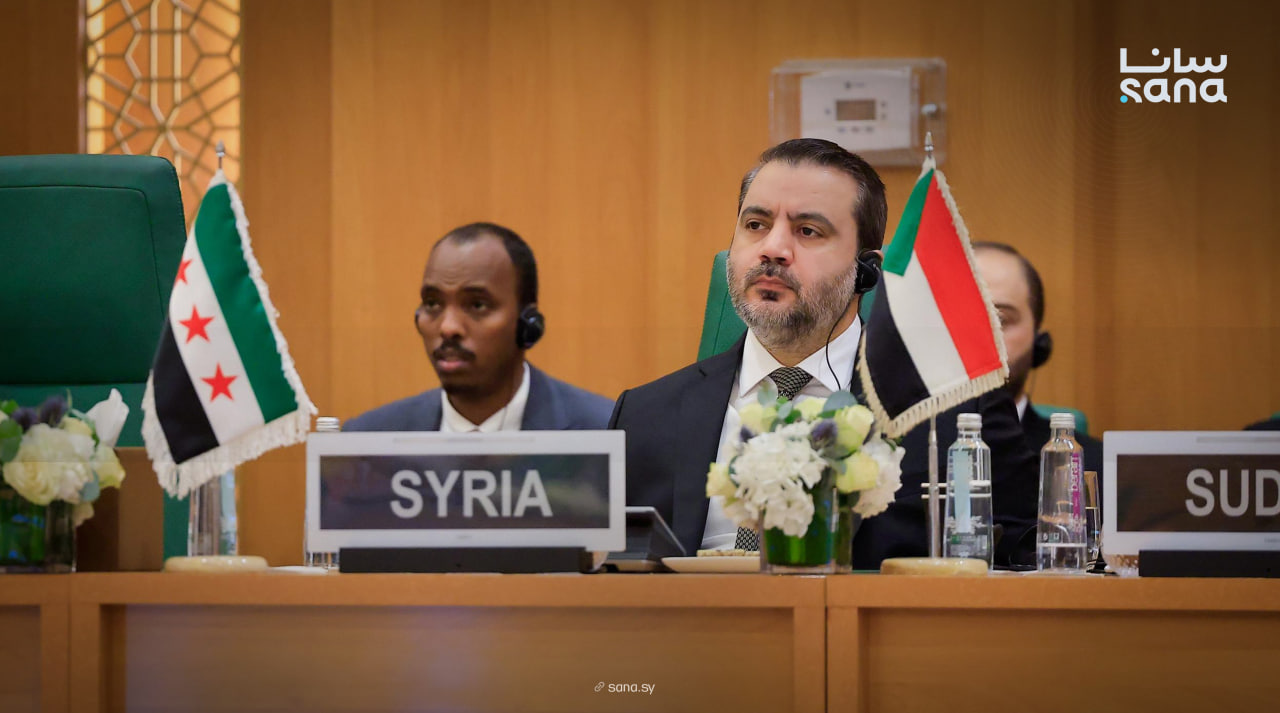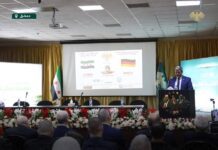
Israeli forces intensified incursions into southern Syria this week, launching operations in Damascus and Quneitra countrysides that left at least one civilian dead and several detained. Local sources reported that troops entered Beit Jinn in the Damascus countryside on Monday August 25, where they fired live rounds at residents who had gathered in protest. In Quneitra, forces bombed a house in the village of Tranja, killing a civilian, while others raided Suwaysa and detained a young man before advancing into nearby villages.
Overnight raids continued across Quneitra, with residents confronting soldiers as troops searched homes and restricted movement. Witnesses described heavy Israeli patrols and air activity, underscoring the scale of the operation.
Israeli Defense Minister Israel Katz defended Israeli occupation and actions, declaring that the army “will remain in Mount Hermon and the buffer zone to defend the residents of the Golan and Galilee, and we will continue protecting the Druze in Syria.” Analysts say such statements highlight Israel’s effort to exploit sectarian identities, particularly among Druze communities, to fragment Syria and foster proxy militias.
Damascus Denounces “Flagrant Violation” of Sovereignty
The Syrian Foreign Ministry condemned the raids as a “flagrant violation of sovereignty and territorial integrity.” In a statement Monday, it said the seizure of Tal Bat al-Warda on Mount Hermon and attacks across Quneitra represented “a direct threat to regional peace and security.” Damascus urged the UN and Security Council to assume their responsibilities and deter Israel from what it called repeated acts of aggression.
Foreign Minister Asaad al-Shaibani told the Organization of Islamic Cooperation in Jeddah that Israeli actions aim to “tear apart the Syrian national fabric” by fueling sectarian division. He accused Israel of establishing military posts inside prohibited areas in violation of the 1974 Disengagement of Forces Agreement and UN resolutions. “Despite a devastating war that has lasted fourteen years, Syria is rising more aware and determined to uphold its sovereignty,” he said.
Regional and Global Implications
Observers warn that the escalation threatens not only Syria but the wider region. Political researcher Firas Allawi told regional outlets that Israel seeks to pressure Damascus into new security arrangements, including a weapons-free buffer zone and control over water resources vital to northern Israel. By exploiting sectarian divisions and maintaining a permanent military presence, analysts argue, Israel risks destabilizing southern Syria in ways that could spill across borders.
With Gaza under bombardment and tensions simmering in Lebanon, the operations in Syria deepen regional fault lines. Arab states and international organizations have repeatedly condemned Israel’s cross-border actions. Meanwhile analysts caution that the killings and raids risk sparking broader conflict, undermining international security, and entrenching instability across the Middle East.








